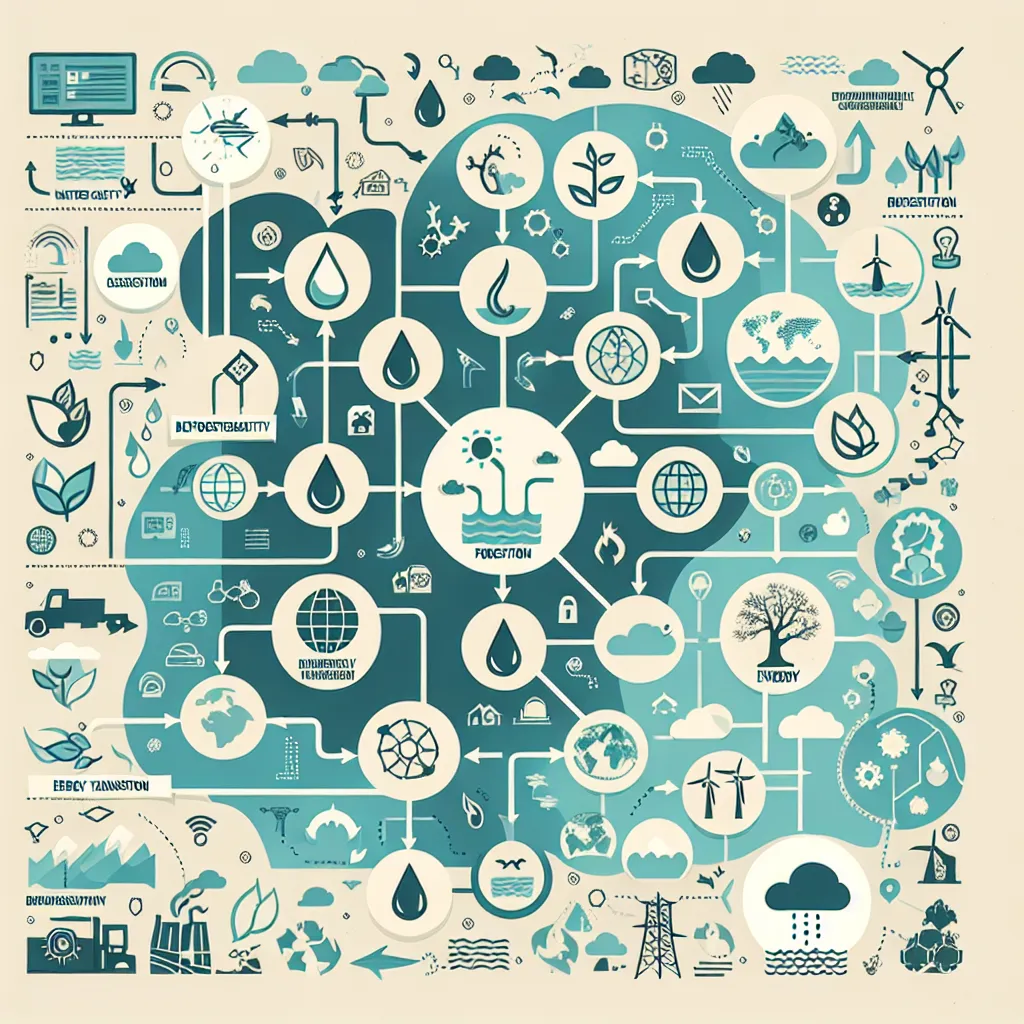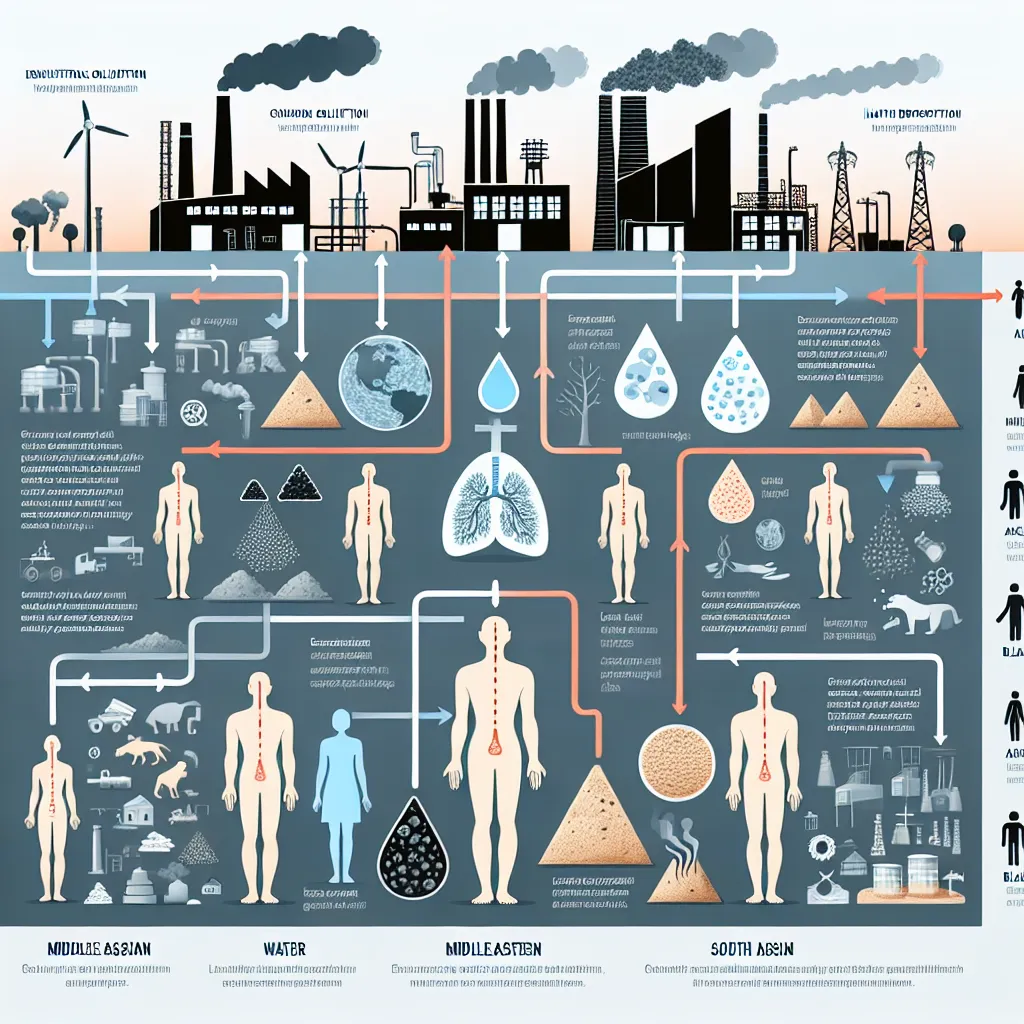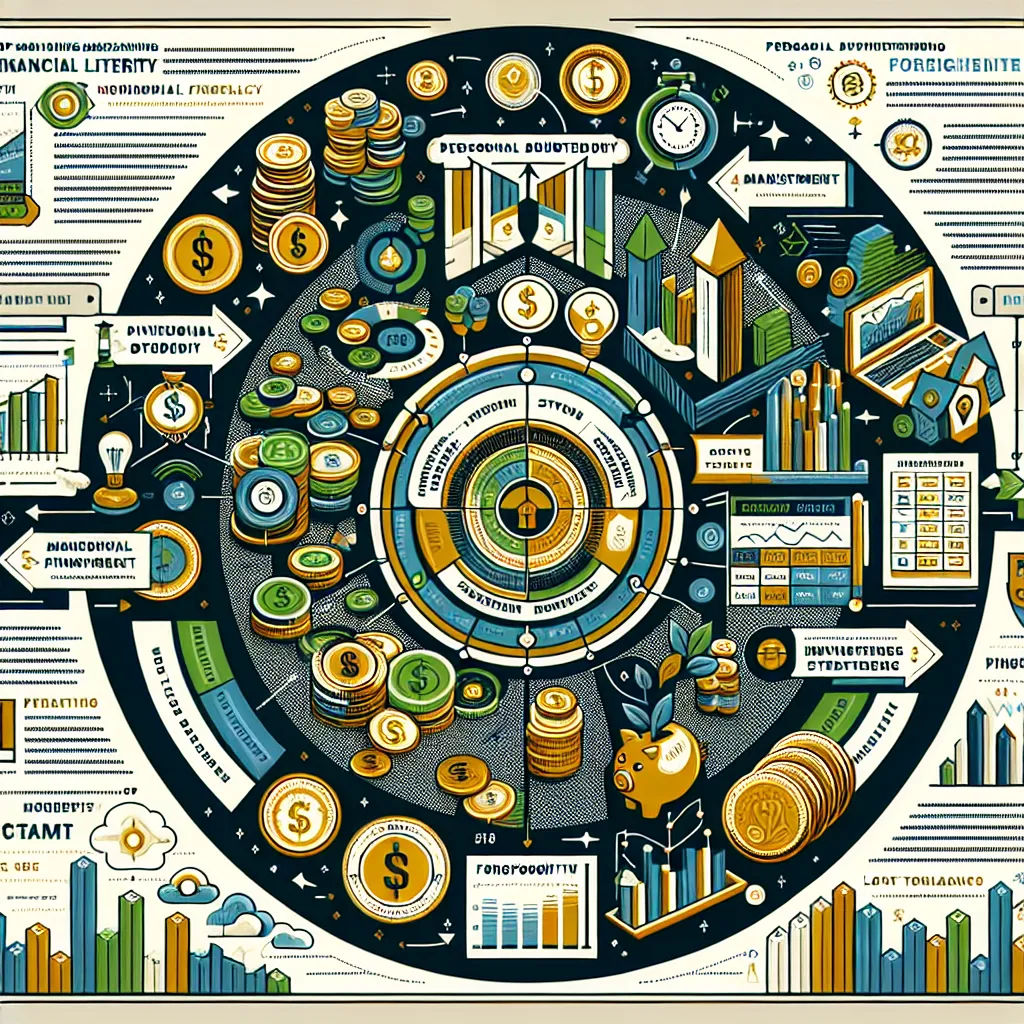The IELTS Reading section is a crucial component of the test, assessing your ability to comprehend complex texts and extract relevant information. Today, we’ll focus on a topic that has been increasingly prevalent in recent years: the challenges of managing natural resources. This subject has appeared in various forms across multiple IELTS exams, reflecting its global importance and relevance to contemporary issues.
Nội dung bài viết
Based on our analysis of past IELTS exams and current global trends, we predict that this topic will continue to be a significant area of focus in future tests. The management of natural resources intersects with environmental sustainability, economic development, and social equity – all key concerns in our rapidly changing world.
Let’s dive into a practice reading passage that explores this critical subject, followed by a set of questions designed to test your comprehension and analytical skills.
Reading Passage
The Global Challenge of Natural Resource Management
The world is facing an unprecedented challenge in managing its natural resources. As the global population continues to grow and developing countries industrialize at a rapid pace, the demand for resources such as water, minerals, and energy sources is skyrocketing. This escalating pressure on our planet’s finite resources has led to a complex web of environmental, economic, and social issues that demand innovative solutions and international cooperation.
One of the primary challenges in managing natural resources is the inherent conflict between economic development and environmental conservation. Many countries, particularly those in the developing world, rely heavily on resource extraction to fuel their economies and lift their populations out of poverty. However, this often comes at a significant environmental cost, including deforestation, habitat destruction, and pollution. Striking a balance between these competing interests requires careful planning, strong governance, and the implementation of sustainable practices.
Water scarcity is another critical issue in natural resource management. With climate change altering precipitation patterns and increasing the frequency of droughts, many regions are experiencing severe water stress. This not only affects human consumption but also impacts agriculture and industry, potentially leading to food insecurity and economic instability. Managing water resources effectively requires a combination of technological innovation, such as improved irrigation systems and water recycling, as well as policy measures to encourage conservation and equitable distribution.
The energy sector presents its own set of challenges in resource management. While fossil fuels remain the dominant energy source globally, their extraction and use contribute significantly to climate change. The transition to renewable energy sources, such as solar and wind power, is crucial for long-term sustainability. However, this shift requires substantial investment in infrastructure and technology, as well as overcoming resistance from established industries.
Biodiversity loss is yet another consequence of poor natural resource management. As habitats are destroyed or degraded due to resource extraction and land-use changes, countless species are pushed to the brink of extinction. This loss of biodiversity not only has intrinsic ecological value but also impacts ecosystem services that are vital for human well-being, such as pollination, natural pest control, and carbon sequestration.
Addressing these challenges requires a multifaceted approach. Governments must implement strong regulatory frameworks to ensure responsible resource extraction and use. This includes measures such as environmental impact assessments, protected area designations, and penalties for pollution and over-exploitation. Additionally, market-based instruments, such as carbon pricing and payments for ecosystem services, can help align economic incentives with environmental goals.
International cooperation is also crucial in managing natural resources effectively. Many resources, such as river systems and fish stocks, cross national boundaries and require coordinated management efforts. Global agreements, such as the Paris Agreement on climate change and the Convention on Biological Diversity, provide frameworks for collective action. However, implementing these agreements and ensuring compliance remains a significant challenge.
Education and public awareness play a vital role in addressing resource management issues. Encouraging sustainable consumption patterns and promoting resource efficiency can help reduce demand pressures. This includes initiatives such as recycling programs, energy conservation campaigns, and promoting sustainable agriculture practices.
Technological innovation offers hope in overcoming some of the challenges in natural resource management. Advances in renewable energy technology, water purification systems, and precision agriculture are making it possible to use resources more efficiently and sustainably. However, ensuring that these technologies are accessible and affordable, particularly in developing countries, remains a significant hurdle.
In conclusion, managing natural resources in a sustainable and equitable manner is one of the most pressing challenges of our time. It requires a delicate balance between meeting the needs of a growing global population and preserving the planet’s ecological integrity for future generations. Success will depend on a combination of strong governance, international cooperation, technological innovation, and a fundamental shift in how we value and use our natural resources.
 Challenges in Natural Resource Management
Challenges in Natural Resource Management
Questions
Multiple Choice
-
According to the passage, which of the following is NOT mentioned as a primary challenge in managing natural resources?
A) Balancing economic development and environmental conservation
B) Addressing water scarcity
C) Managing the transition to renewable energy
D) Controlling population growth -
The passage suggests that the transition to renewable energy sources is hindered by:
A) Lack of technological innovation
B) Insufficient water resources
C) Resistance from established industries
D) Absence of international agreements -
Which of the following is described as a consequence of poor natural resource management?
A) Increased biodiversity
B) Economic growth in developing countries
C) Loss of ecosystem services
D) Improved water distribution
True/False/Not Given
- Developing countries often prioritize resource extraction for economic growth over environmental conservation.
- Climate change is the sole cause of water scarcity in many regions.
- The loss of biodiversity only affects the intrinsic ecological value of ecosystems.
Matching Headings
Match the following headings to the correct paragraphs in the passage:
A) The Role of Education in Resource Management
B) Balancing Development and Conservation
C) Addressing Water Scarcity Challenges
D) International Cooperation in Resource Management
E) Technological Solutions to Resource Challenges
- Paragraph 2
- Paragraph 3
- Paragraph 7
- Paragraph 8
Summary Completion
Complete the summary below using NO MORE THAN TWO WORDS from the passage for each answer.
Managing natural resources is a complex global challenge that involves balancing economic development with (11) __ conservation. Key issues include water scarcity, the transition to (12) __ energy sources, and biodiversity loss. Addressing these challenges requires strong (13) __ frameworks, international cooperation, and public awareness campaigns. (14) __ innovation offers potential solutions but must be made accessible to developing countries.
Answer Keys
-
D
Explanation: The passage does not mention controlling population growth as a primary challenge in managing natural resources. While population growth is mentioned as a factor increasing demand for resources, it is not presented as a challenge to be managed directly. -
C
Explanation: The passage states, “The transition to renewable energy sources, such as solar and wind power, is crucial for long-term sustainability. However, this shift requires substantial investment in infrastructure and technology, as well as overcoming resistance from established industries.” -
C
Explanation: The passage mentions that loss of biodiversity “impacts ecosystem services that are vital for human well-being, such as pollination, natural pest control, and carbon sequestration.” -
True
Explanation: The passage states, “Many countries, particularly those in the developing world, rely heavily on resource extraction to fuel their economies and lift their populations out of poverty. However, this often comes at a significant environmental cost.” -
False
Explanation: The passage mentions that climate change is altering precipitation patterns and increasing the frequency of droughts, but it does not state that it is the sole cause of water scarcity. -
False
Explanation: The passage states that biodiversity loss “not only has intrinsic ecological value but also impacts ecosystem services that are vital for human well-being.” -
B
-
C
-
D
-
A
-
environmental
-
renewable
-
regulatory
-
Technological
Common Mistakes
When tackling reading passages on complex topics like natural resource management, students often make the following mistakes:
-
Overlooking key details: In multiple-choice questions, all options may seem plausible, but only one is correct based on the passage. Always refer back to the text.
-
Misinterpreting True/False/Not Given questions: Remember, “Not Given” means the information is neither confirmed nor denied in the passage.
-
Rushing through the text: Take time to understand the overall structure and main ideas before attempting the questions.
-
Bringing external knowledge: Base your answers solely on the information provided in the passage, not on your personal knowledge of the topic.
-
Mismanaging time: Allocate your time wisely between reading the passage and answering questions.
Vocabulary
-
Unprecedented (adjective) /ʌnˈpresɪdentɪd/: Never known or done before.
-
Skyrocketing (verb) /ˈskaɪrɒkɪtɪŋ/: Rising or increasing very steeply or rapidly.
-
Inherent (adjective) /ɪnˈhɪərənt/: Existing in something as a permanent, essential, or characteristic attribute.
-
Equitable (adjective) /ˈekwɪtəbl/: Fair and impartial.
-
Biodiversity (noun) /ˌbaɪəʊdaɪˈvɜːsəti/: The variety of plant and animal life in the world or in a particular habitat.
Grammar Focus
Pay attention to the use of conditional sentences in the passage. For example:
“Success will depend on a combination of strong governance, international cooperation, technological innovation, and a fundamental shift in how we value and use our natural resources.”
This is an example of a first conditional sentence, used to express a real possibility in the future. The structure is:
If + present simple, will + infinitive
Or in this case, the “if” is implied:
[If we achieve these things], success will depend on…
Practice creating similar conditional sentences related to environmental issues to enhance your writing skills.
Tips for Success
-
Develop a broad knowledge base: Regularly read articles on environmental issues, economics, and global affairs to build your understanding of complex topics.
-
Practice active reading: As you read, mentally summarize main points and identify key arguments.
-
Improve your vocabulary: Learn synonyms and context-specific meanings of words to better understand nuanced texts.
-
Time management: Practice completing reading tasks within the allocated time to improve your speed and accuracy.
-
Analyze question types: Familiarize yourself with different IELTS question formats and develop strategies for each.
Remember, success in the IELTS Reading section comes from consistent practice and a methodical approach to understanding and answering questions. Keep challenging yourself with complex texts on various topics to broaden your reading skills and knowledge base.
For more practice on related topics, check out our articles on challenges of urbanization in developing countries and the significance of renewable resources in energy production. These will provide additional context and vocabulary related to resource management and environmental issues.


